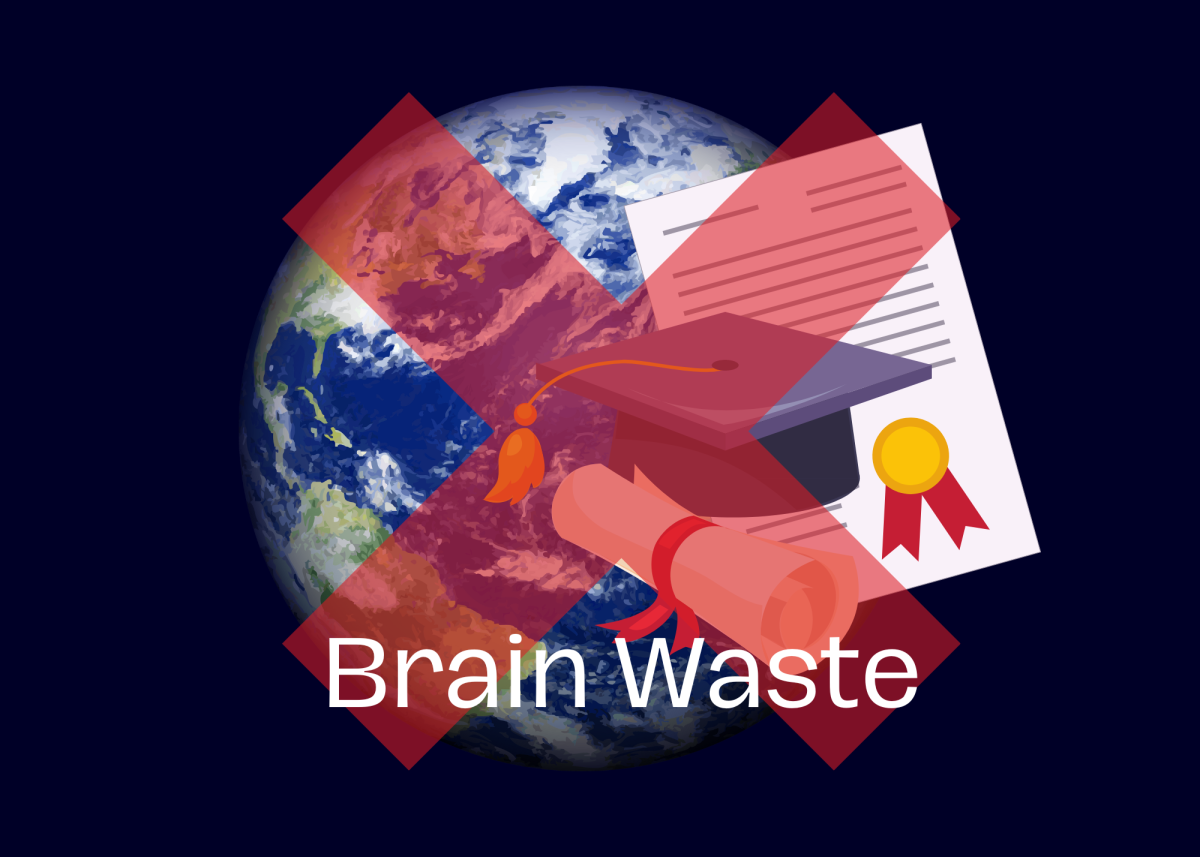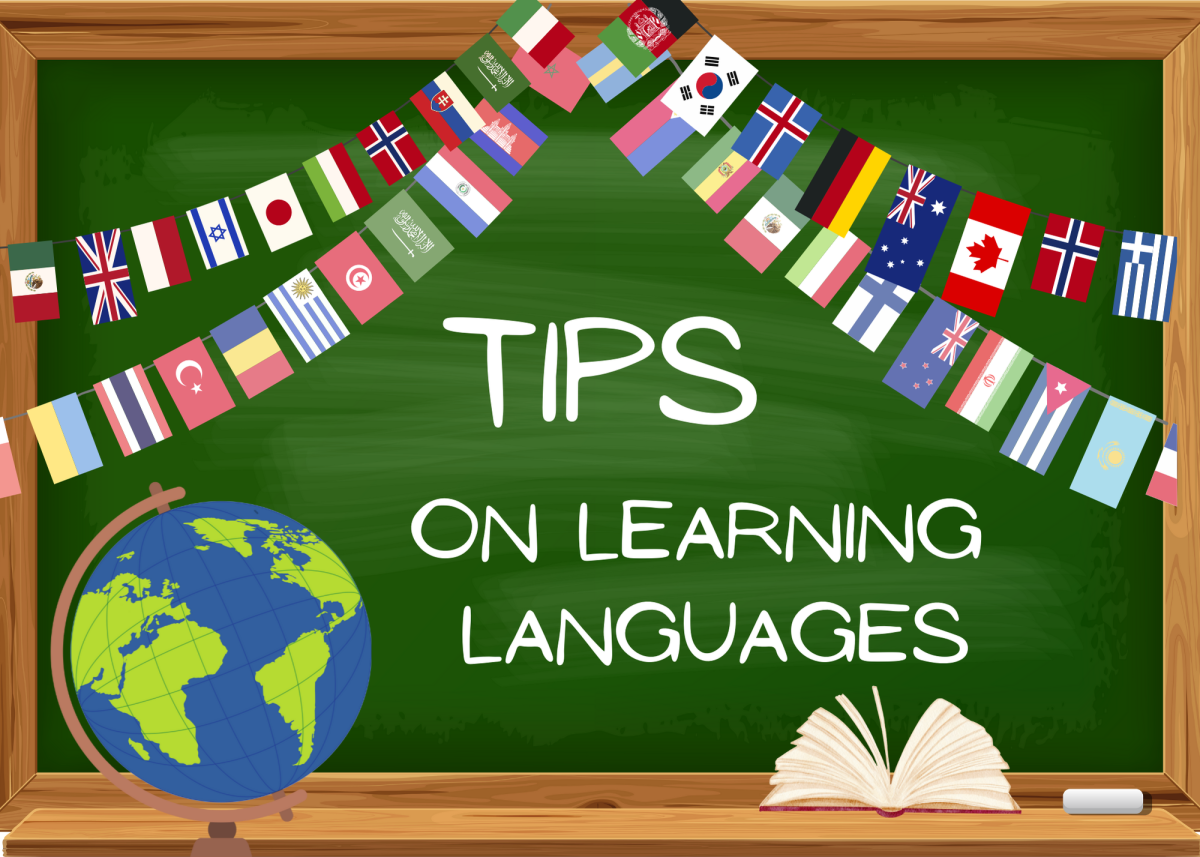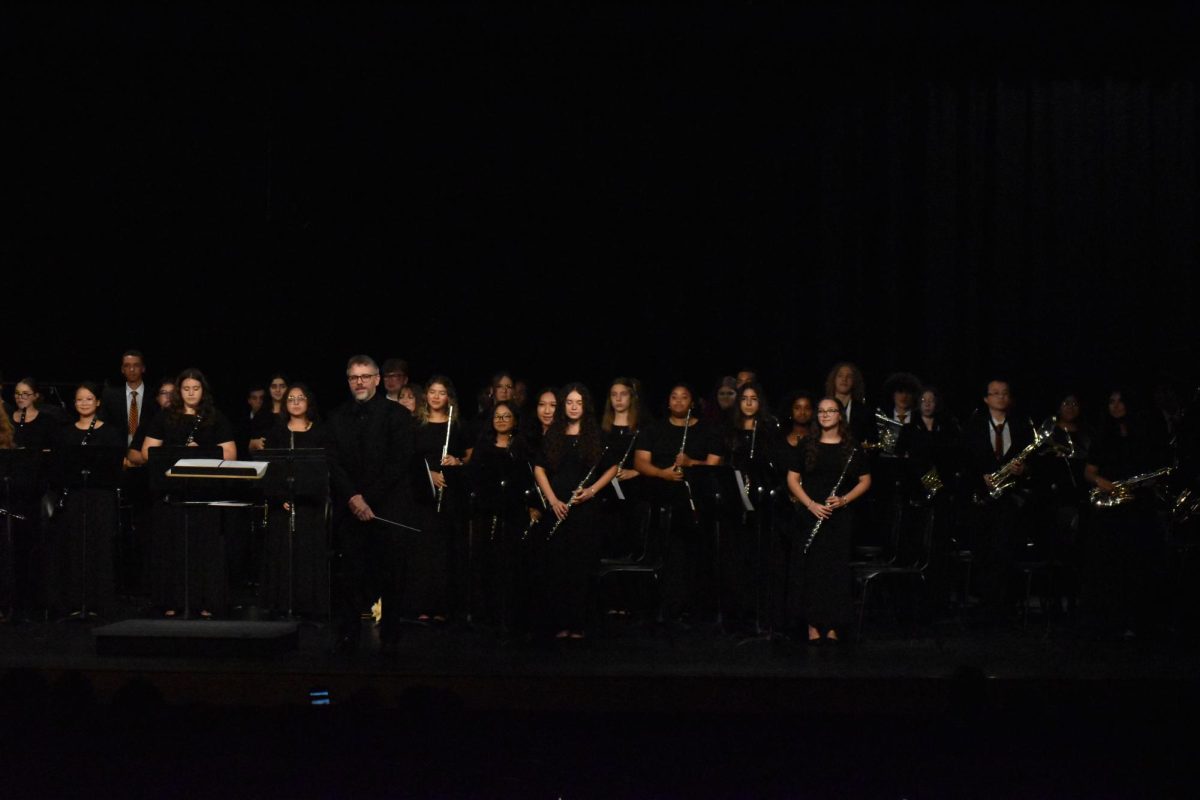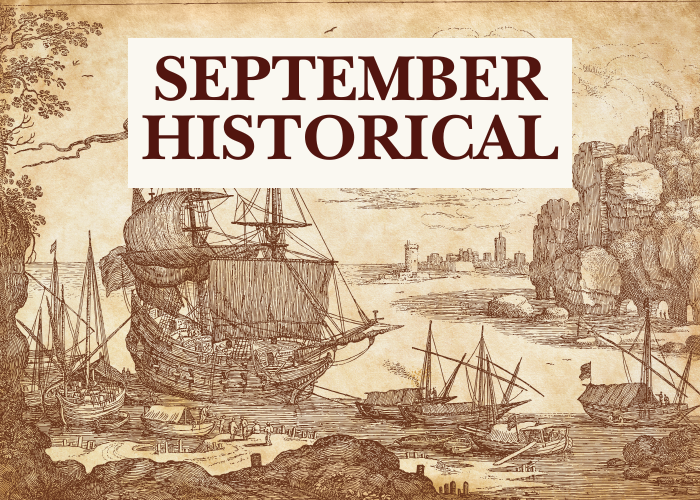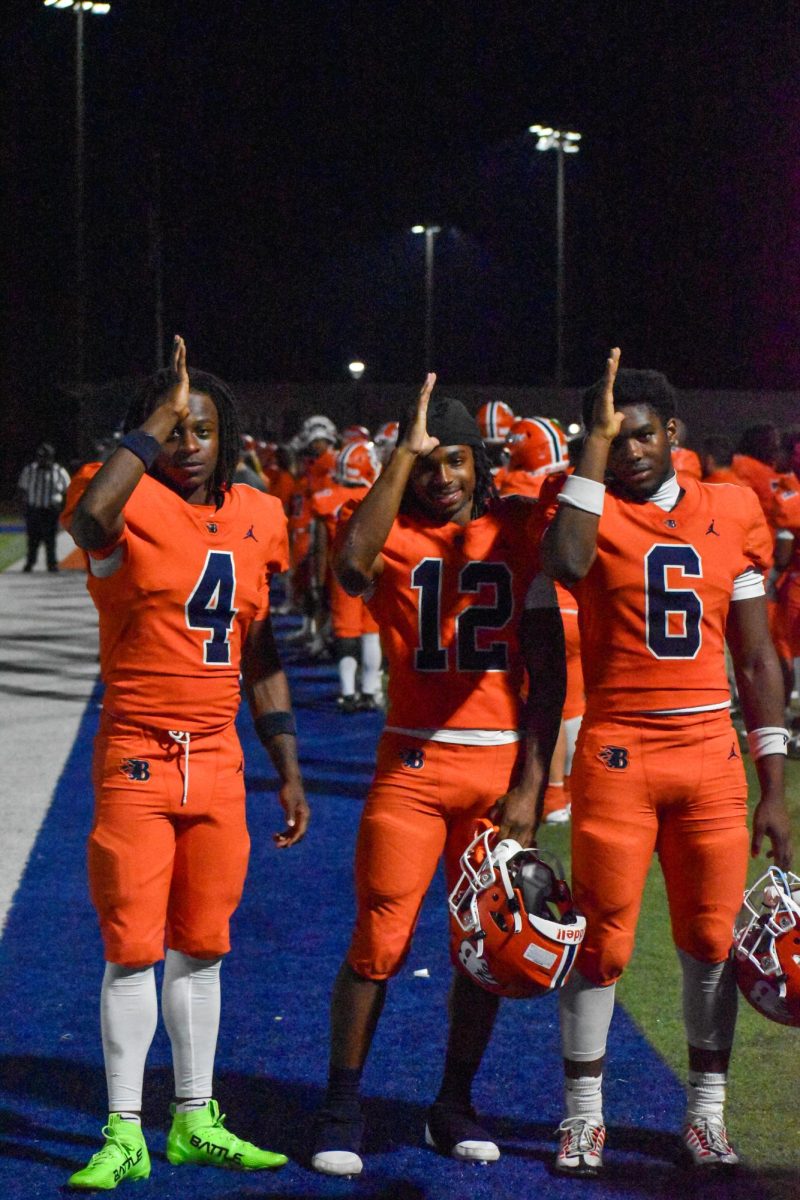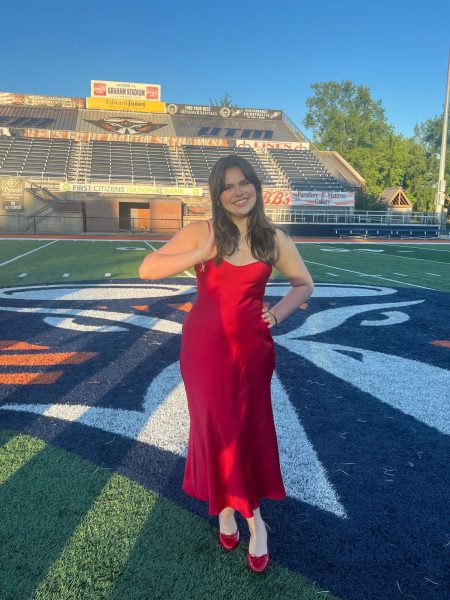“You’ve received a $3 tip,” the notification displayed on the phone, announced with the typical upbeat ‘bling’. A long silence carried in the two-bedroom apartment after the freezing temperatures of January were almost unbearable, and as Marina Alvarado took many layers of winter clothing off, she began counting her earnings of the day, hoping she would meet her $100 quota.
In Venezuela, Marina’s home country, she has a bachelor’s degree in business administration with a post-graduate degree in human resources, and later in life, she earned a certification to be an haute cuisine chef; however, in the United States she is a delivery driver for different companies, such as: Door Dash, Uber Eats and Spark driver.
“There are many obstacles to working here in the United States if you have a foreign degree. When you leave your country, you are aware of the things you leave behind such as your family, friends and belongings, but your work life is totally displaced and you stop being the lawyer, doctor, administrator, engineer, teacher that you once were, you become an invisible person, one of the bunch,” Alvarado expressed.
Unfortunately, Marina Alvarado’s story is not unique, as many skilled immigrants in the United States, she arrived to the country with a wealth of experience and qualifications, only to work a low-paying job.
In fact, a study from the Census Bureau revealed that among immigrants who arrived since 2010, 45% had a bachelor’s degree or higher, compared with 39% of U.S. natives in 2022.
“The biggest barrier is the language barrier; not knowing English narrows down any opportunity to work somewhere decently. The time you might get to learn it is truly little, as most of the time is spent working. It is also expensive to start learning English properly,” Alvarado stated.
Among those facing similar experiences is Jose Rodriguez, a lawyer with three post-graduate studies acquired both in Venezuela and Spain. He worked as a lawyer in the Labor Department for six years and later independently at his own firm.
“When I first arrived at the United States, I worked at a warehouse for six months. To be closer to my two kids, I decided to start working at my own pace with Door Dash and other food delivery as a driver,” Rodriguez stated.
Another major factor that impairs the possibility for an immigrant to pursue their career is the hefty burden of their legal status. Individuals such as Alvarado and Rodriguez are asylum seekers, which means they have fled their home country due to prosecution in search of safety and protection.
However, the limits imposed upon them are high, as they are prohibited from leaving the country under any circumstance, and the work permit given is restricted to many areas. Pursuing higher education is also a tough challenge due to being considered an international student in the United States.
Other immigrants with careers in the medical area often face an even bigger number of restrictions when trying to pursue their desired jobs, such as Olga Quintero, a bio analyst that worked 31 years in a hospital, owned her own bioanalytic lab and clinic; however, she now works at the clothing store Ross: Dress for Less.
“Leaving everything behind is not easy for anyone, it is hard to adapt to the new cultures, leaving your roots behind, your profession is put to the side to move forward in this new country. I am at the age where you think it is time to rest, but my work now consists of carrying boxes from one place to another,” Quintero expressed.
Other professions, such as teaching, are also full of obstacles. Palita Chacon, a math teacher with several different post-graduate studies, worked in distinct positions within the education department in Venezuela. Unfortunately, in the United States she has worked for different companies in warehouses and now works as an Amazon driver.
“I think I could work my career here in the United States, but I would need to start over and begin studying again. It is difficult to let go of your job, since you work at something you love and are passionate about, and I was good at my job. I was a college professor, and here I am a laborer, working for companies that do not value you as a person. They ask for workers, but they get people,” Chacon stated.
Although the circumstances are wary, most immigrants that have forcibly come to the United States have adapted and became an essential part of the workforce, a remarkable example of resilience.
“Most Venezuelans that have come, which majority have a college degree, we have adapted. I think part of human intelligence that is part of us is simply that: adaptation. We are interconvertible like energy, we do not transform or convert, we have simply left our excellent professions behind, to adapt here to work and lead a better quality of life than we had back in our countries. That is the significant difference between being home and being here in the United States,” Chacon exclaimed.
Skilled individuals that have immigrated from distant lands fill diverse roles across society. From chefs turned delivery drivers, to lawyers working as warehouse employees and independent drivers, each bringing their expertise and commitment to their work. A bio analyst now working in retail, and a professor now working as an Amazon driver, displaying their resilience in their new endeavor. These individuals, from security guards to fast food workers, taxi drivers to janitors, tirelessly contribute despite the hurdles they face. They wake at dawn, seeking connection with loved ones afar. Across borders, their strength endures, shaping lives and echoing tales of determination.
Names have been changed to protect individuals interviewed.


